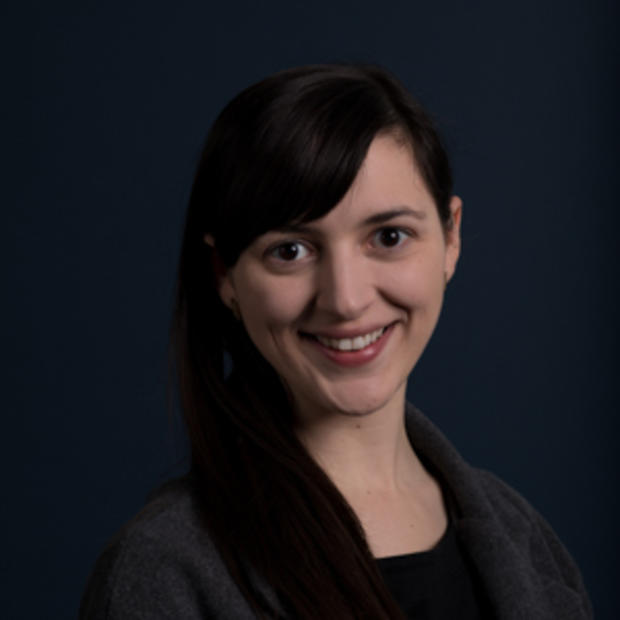The gala, on Saturday, April 29, is the kickoff event for this year's Crosscut Ideas Festival, which will bring together journalists, politicians, authors and newsmakers from our Pacific Northwest community and around the nation to take a hard look at the people, policies and events that shape our lives. This year the gathering will be happening both in person and online. (Intrigued? Get tickets.)
Benefitting Cascade Public Media, the Headliners Gala is a celebration of all that makes the Northwest special and a recognition of the crucial role media play in our lives. This year’s gala will feature a culinary tour of the region curated by Ethan Stowell and the chefs from Homer and Musang restaurants. The evening will also include a one-of-a-kind PBS and Northwest-themed auction, plus live local music and more. And of course we will hear from keynote speaker Michael Barbaro.
Before joining us at the Headliners Gala, Barbaro took the time to chat with Crosscut about the power of audio, becoming a “better storyteller” and more.
This interview has been edited and condensed.
As a print writer-turned-podcast journalist, what inspired the shift?
The truth is that I had no intention of ever working in audio. But in the summer of 2016, The Times created a new department devoted to podcasting, and its newly hired leader, Lisa Tobin, went looking for a host — a reporter, steeped in politics coverage, who could work on a show about that year’s presidential race. That host ended up being me. The rest is history.
What did The Daily’s rise in popularity demonstrate to you about podcasts? What do you think resonates with listeners?
That audio is the most intimate and powerful form of storytelling there is. So much about traditional print journalism can feel distant and formal — it can be hard to feel something when you read a news story. Audio transforms that same information into a textured story, told in the human voice, making it much easier for the listener to become invested and connected.
What are some ways that using audio has changed the way you tell stories?
It has forced me to spend an enormous amount of time thinking about how to structure a story. The Daily, at its best, is a highly produced narrative that incorporates character, ideas, suspense and chronology. That requires a lot of careful planning from the very beginning. I think the rigor required to do that, day in and day out, has made me a much better storyteller.
Any advice for local journalists who have started to use podcasts to tell their stories?
Podcasting is hard! And insanely time-consuming! But in every way worth it. That’s not advice, I guess, just hard-earned wisdom after six years of making The Daily.
Looking forward to anything about coming to Seattle for the Crosscut Ideas Festival? Sights, food, etc.?
I grew up in New Haven [Conn.], home (allegedly) of the world’s best pizza. But I like to grab a slice in every city I visit. Lupo is on my list when I get to Seattle.
Join Michael Barbaro and other newsmakers at the Crosscut Festival. Get your tickets now.



